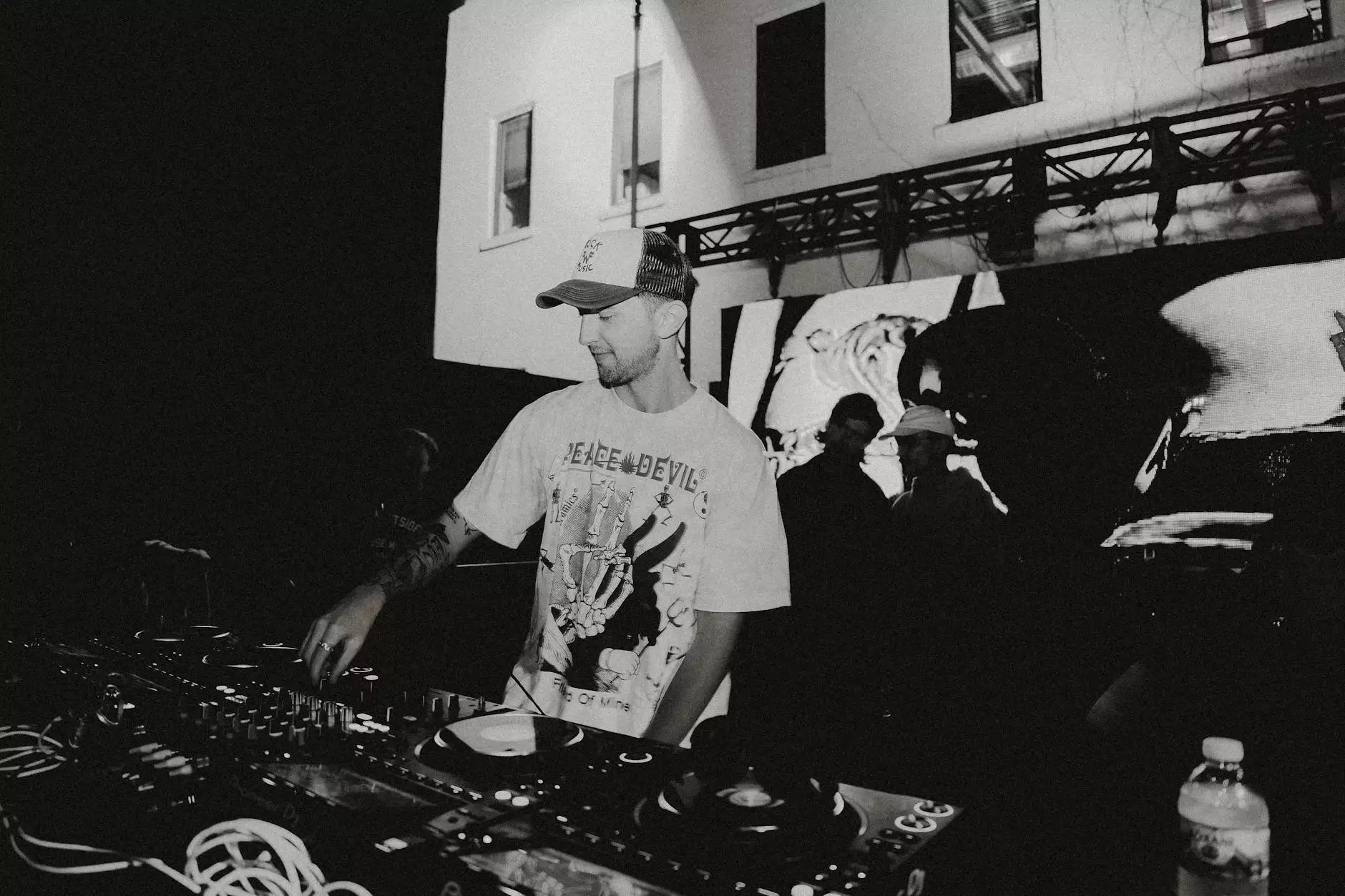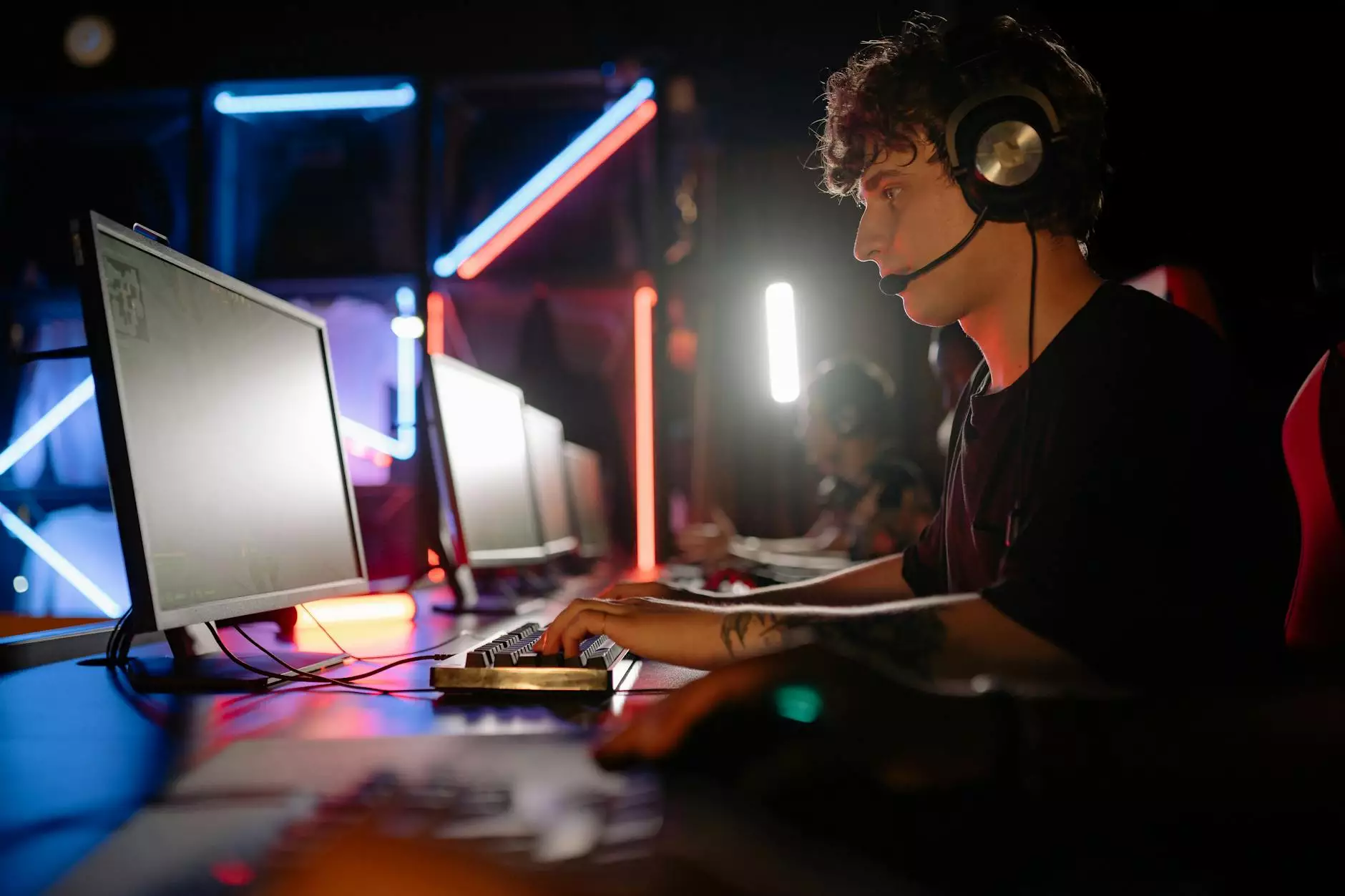The Rise of DJ Radio: Shaping the Future of Music

In today’s dynamic music landscape, the emergence of DJ radio has changed the way we experience and consume music. Gone are the days of passive listening; the modern audience is actively engaged, seeking not just music but also a connection to the artists, DJs, and producers shaping their favorite tunes. This article will delve deep into the compelling world of DJ radio, highlighting its significance, the role of DJs, the intricacies of music production services, and how it revolutionizes the music experience.
The Evolution of DJ Radio
The concept of DJ radio is not entirely new; however, its evolution is remarkable. Traditionally, DJs served as the gatekeepers of music, curating playlists on terrestrial radio, spinning vinyl at clubs, and hosting events that celebrated musical artistry. With the advent of the internet, these roles have expanded exponentially, leading to what we now recognize as DJ radio.
The digital revolution has enabled DJs to broadcast their sessions online, reaching global audiences instantaneously. Platforms like Mixcloud and Soundcloud allow DJs to share their mixes in real-time, transforming what it means to be a DJ and creating a more democratized music distribution model.
What Makes DJ Radio Unique?
- Curated Music Experience: Unlike traditional radio, where playlists are predetermined, DJ radio offers a curated experience based on the DJ's unique style and preferences. This offers listeners an opportunity to discover new music that resonates with their tastes.
- Interactive Community: Listeners can interact with DJs during live sets through social media, creating a community of music lovers who share similar interests.
- Accessibility: With internet access, anyone can listen to their favorite DJs from anywhere in the world, breaking geographical barriers.
The Role of DJs in Music Production
While many perceive DJs as individuals who solely play music, their role in music production is often underestimated. In today's music ecosystem, DJs are not just entertainers; they are also integral to the music production process.
Many DJs collaborate with producers to create exclusive tracks and remixes, blending their own signature sound with various genres. This collaborative effort enhances the listening experience for audiences, creating unique blends of music that can only be found through DJ radio channels.
How DJs Influence Music Trends
DJs hold significant power in influencing music trends. Their selections and mixes shape the sound of genres, allowing for the emergence of new styles. For example, a DJ might integrate elements from hip-hop, house, and electronic music to create a fresh sound that captivates listeners.
Through their extensive reach via DJ radio, these artists introduce audiences to emerging artists, creating a vibrant cycle of musical innovation.
The Technical Side of DJ Radio
The technology behind DJ radio is just as important as the artistry. With advancements in music production software and broadcasting tools, DJs can create high-quality mixes and share them effectively. Let’s take a look at some key components:
Music Production Software
Software such as Ableton Live, Serato, and Traktor allows DJs to manipulate tracks, mix sounds, and create seamless transitions. This technology empowers DJs to craft their unique sound, making each performance distinctly theirs.
Broadcasting Tools
To deliver high-quality content through DJ radio, DJs employ broadcasting tools that can range from simple USB microphones to sophisticated mixers and audio interfaces. These tools ensure that the sound quality remains top-notch, enhancing the overall listening experience.
The Impact of Social Media on DJ Radio
Social media platforms are transformative for DJ radio. They enable DJs to promote their mixes, engage with fans, and build a personal brand. Let’s explore how social media enhances the DJ experience:
Engagement and Interaction
DJs can instantly connect with their audience through platforms like Instagram, Twitter, and Facebook. By sharing announcements, behind-the-scenes content, and engaging in Q&A sessions, they foster a sense of community.
Global Reach
Social media eliminates geographical limitations, allowing DJs to promote their work to a global audience. This international reach can lead to collaborations, bookings, and an expanding fanbase.
Future Trends in DJ Radio
The future of DJ radio holds exciting possibilities. As technology continues to advance, the boundaries of music production and distribution will likely blur even further. Let’s examine some anticipated trends:
Virtual Reality and Augmented Reality Experiences
As VR and AR technologies develop, DJs may begin to host immersive experiences where listeners can feel as though they are part of the performance. Imagine attending a DJ event where you can choose your perspective in a virtual venue!
Blockchain and Music Rights
The use of blockchain technology in music rights management could transform how DJs distribute and monetize their music. This could lead to fair compensation and greater transparency in the music industry.
Conclusion: The Future Is Bright for DJ Radio
In conclusion, DJ radio is more than just a platform for music; it’s a cultural phenomenon that continues to evolve. By bridging the gap between DJs, producers, and the audience, it creates a unique music experience that is rich, engaging, and ever-changing. With technological advancements and increased accessibility, the impact of DJ radio on the music industry will only grow stronger, shaping the sound of generations to come.
As we look to the future, it is clear that DJ radio will remain at the forefront of musical innovation. Whether you are a DJ, a music producer, or a fan, embracing the possibilities that DJ radio provides will undoubtedly enrich your musical journey.









